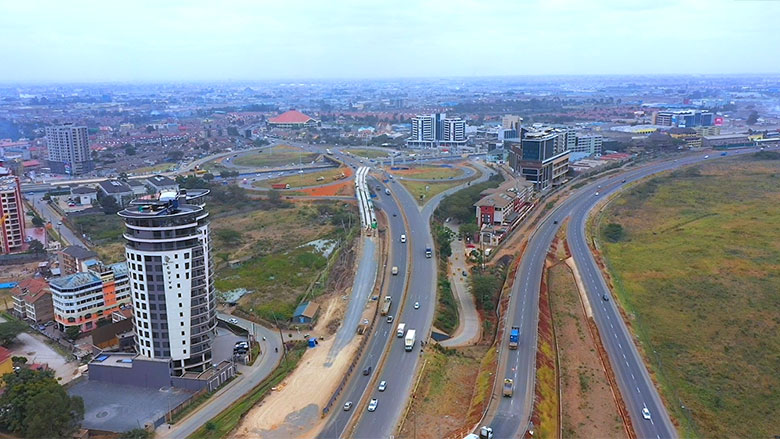WASHINGTON, March 16, 2022 — In an effort to help accelerate Kenya’s ongoing inclusive and resilient recovery from the COVID-19 crisis, the World Bank has approved a $750 million Development Policy Operation (DPO) that will help strengthen fiscal sustainability through reforms that contribute to greater transparency and the fight against corruption.
The DPO is the second in a two-part series of development operations initiated in 2020 that provides low-cost budget financing along with support to key policy and institutional reforms. The DPO organizes the multi-sector reforms into three pillars: (1) fiscal and debt reforms to make spending more transparent and efficient, and enhance domestic debt market performance; (2) electricity sector and public-private partnership (PPP) reforms to place Kenya on an efficient, green energy path, and boost private infrastructure investment; and (3) strengthening the governance framework of Kenya’s natural and human capital which includes the environment, land, water and healthcare.
For example, amongst the supported fiscal management reforms, public procurement is being shifted to a new electronic platform, making transactions more transparent and reducing opportunities for corruption. By the end of 2023, the program aims to have five strategically selected ministries, departments, and agencies, procuring all goods and services through the electronic procurement platform.
“The Government of Kenya has maintained the momentum to make critical reforms progress despite the disruption caused by the pandemic,” said Keith Hansen, World Bank Country Director for Kenya. “The World Bank, through the DPO instrument, is pleased to support these efforts which are positioning Kenya to sustain its strong economic growth performance and steering it towards inclusive and green development.”
In the infrastructure sector, measures will create a platform for investments in least-cost, clean power technologies, and enhance the legal and institutional setup for PPPs to attract more private investment. Aligning clean energy investments to demand growth and ensuring competitive pricing through a transparent, competitive auction-based system has the potential to generate savings of about $1.1 billion over ten years at current exchange rates.
Building on the reforms supported by the previous operation, Kenyans will also benefit from better management of natural and human capital. Ongoing reforms will help modernize the land market and improve transparency by updating the Rating Act and the Rating for Valuation Act to align the legal framework with devolution and to provide counties with the legislative framework to review and update their valuation rolls. This policy operation will also strengthen both overall environmental (including climate change mitigation and adaptation) and water resource management. For example, six river basin areas have been identified and gazetted to enable integrated management and allocation of water sources at basin level. The DPO also supports Kenya’s capacity to handle future pandemics through the establishment of the Kenya National Public Health Institute (NPHI), which will coordinate public health functions and programs to prevent, detect, and respond to public health threats, including infectious and non-infectious diseases, and other health events.
“The government’s reforms supported by the DPO help reduce fiscal pressures by making public spending more efficient and transparent, and by reducing the fiscal costs and risks from key state-owned entities,” said Alex Sienaert, Senior Economist for the World Bank in Kenya. “In addition, strong and sustainable growth is essential to achieve medium-term fiscal consolidation and to reduce the debt burden and related risks. The package includes measures to spur more private investment and growth, whilst strengthening the management of Kenya’s natural and human capital which underpin it’s economy.”
DPOs are used by the World Bank to support a client country’s ambitious policy and institutional reform agenda to help to accelerate inclusive growth and poverty reduction. The Bank approves about 40-50 DPOs globally each year. Reforms have been made even more critical by the negative impacts of the COVID-19 crisis, and to create conditions for Kenya to recover from it. Financing provided by the World Bank is offered on concessional terms, making it significantly lower than commercial loans. The total annual interest cost of the Kenya DPO is approximately 3.0%.
*About the World Bank. The World Bank provides financing, global knowledge, and long-term commitment to help low- and middle-income countries end poverty, achieve sustainable growth, and invest in opportunity for all. We comprise the International Bank for Reconstruction and Development (IBRD), the world’s largest development bank, and the International Development Association (IDA), one of the largest sources of funding for the world’s poorest countries. With the other World Bank Group institutions as well as partners across the public and private sectors, we are helping build solutions to the global challenges of the 21st century in all major sectors of development. A world where no one lives in poverty, and everyone has the opportunity for a better life is within our reach.



